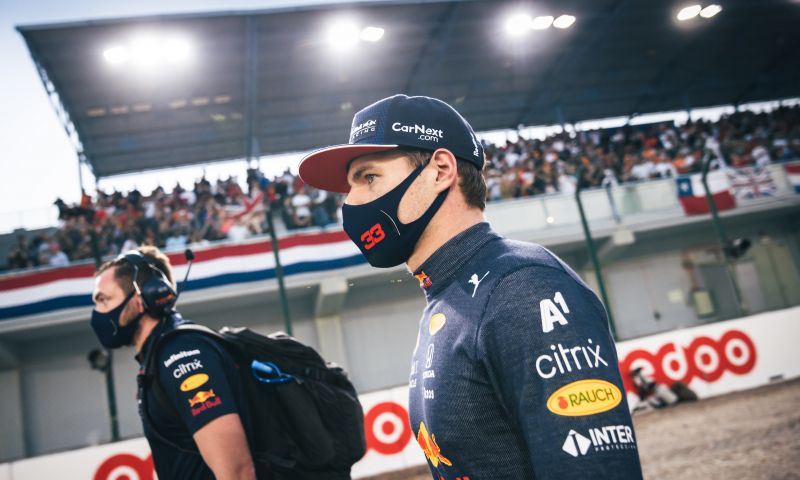Brundle gets why Verstappen didn't slow down: 'Would've missed it too'
F1 News

- GPblog.com
Martin Brundle believes the grid penalties for Max Verstappen and Valtteri Bottas in Qatar were rather harsh. Both drivers did not slow down for yellow flags during qualifying. Still, a race without a grid penalty would not have made much difference for Verstappen, the Briton believes.
"I thought the grid penalties for him and Valtteri Bottas were harsh on Sunday. The FIA, who do a generally tremendous job in refereeing the highly complex world of F1, have had a torrid and indecisive couple of weeks since waving through the infamous turn four incident between the championship contenders in Brazil", Brundle writes in his column for Sky Sports.
"I'm a fully paid-up advocate that yellow flags must be respected as an absolute priority, but from the cockpit, on Sunday the drivers would have been on their final qualifying effort exiting the last corner with no visible flags, no incident warning lights on their steering wheel or messages from the pit wall, a blaze of red lights in the night time sky at the finish line indicating the qualifying session is over. There were mitigating circumstances, to say the least, and with no trackside yellow warning panels, but green panels on the pit wall for the pitlane weighbridge, I would have missed the relatively poorly lit sole marshal post correctly waving a flag or flags on the left-hand side every time."
No difference for Verstappen
According to Brundle, the fact that Carlos Sainz did get away without a penalty adds to the confusion, but rules are rules. "We were at a brand-new to F1 venue late to the calendar and that showed. In the end, it made no difference to Verstappen, except he lost any chance of a run at Hamilton in the first corner."
"Bottas would have finished third despite a difficult start had he not been the first driver to find out that the Pirelli front tyres could take no more than 30 laps of punishment against the aggressive secondary kerbs," says Brundle.